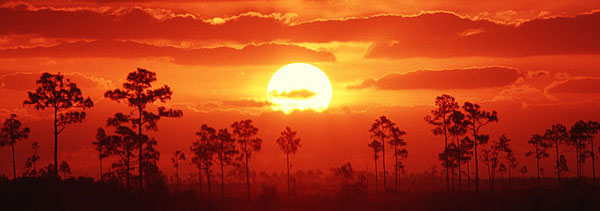 |
||
| The Politics of Environmental Responsibility | ||
 |
||
|
You value nature, quality of life, and your own
health. When you're in the wild you practice the "take only pictures, leave only footprints" ethic. When you're at home you practice the "three
Rs" by reducing what you buy and use, reusing what you can, and
recycling what you can't. You handle household chemicals responsibly so they won't contaminate our shared environment.
Doing things like those I've described means you are
environmentally responsible, right? Not quite. With the stroke of a pen, a single politician in Washington can open 58 million acres of
federally owned wilderness to logging, mining, oil exploration, and
the whims of individual state governors. That's far more than you'd save in
a million lifetimes of practicing the three Rs. The same politician can extend billions in corporate welfare subsidies to polluting industries and dismantle long standing safeguards for
clean air, clean water, and endangered wildlife. All this and more has happened in the past few years. That's
right, environmental responsibility means knowing the
environmental record and stance of the candidates and voting
accordingly. |
||
| Home | Index | ||
| Copyright 2008 Dean M. Chriss Content may not be reproduced or distributed without written permission. All Rights Reserved. |
||